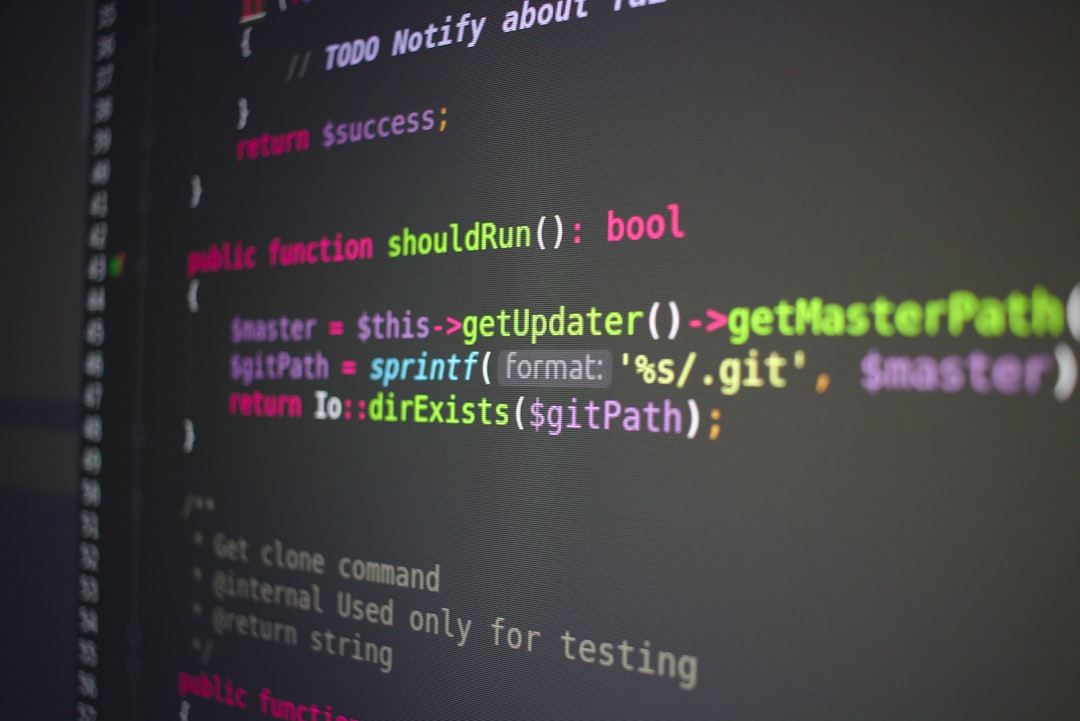Which programming language is Zoho?
4 min read
If you’ve ever used Zoho’s suite of software—from CRM and project management to email or finance tools—you might have wondered: what programming language powers Zoho’s ecosystem? While Zoho supports various integrations and coding options, the company has developed its own unique language called Deluge. Dive in to learn what makes Deluge special, how it fits into the larger picture of software development, and what other languages are also part of the Zoho environment.
Deluge: Zoho’s Proprietary Language
At the core of Zoho’s customization capabilities lies a scripting language called Deluge, which stands for Data Enriched Language for the Universal Grid Environment. Designed in-house by Zoho Corporation, Deluge is a high-level, easy-to-understand language built specifically to enable users—tech-savvy or not—to automate workflows, manipulate data, and integrate apps within the Zoho ecosystem.
Unlike general-purpose languages like Java or Python, Deluge is a domain-specific language tailored for rapid development in the cloud. It’s particularly vital for building custom apps using Zoho Creator, configuring business logic in Zoho CRM, and automating repetitive tasks across various Zoho applications.

Key Features of Deluge
- Low learning curve: Designed for ease of use, Deluge uses a syntax that resembles natural language, making it accessible even for users without extensive coding experience.
- Cross-application functionality: Deluge isn’t confined to a single Zoho app; it can be used across the entire suite, enabling seamless integration between CRM, People, Books, and more.
- Automation-friendly: From sending automated emails to updating records and validating forms, Deluge supports a wide range of automated operations.
- Cloud-native: As a language built for a SaaS environment, Deluge is optimized for running securely and efficiently in the cloud.
For example, if you want to create a workflow that updates a customer’s profile in Zoho CRM and simultaneously sends a thank-you email through Zoho Mail, Deluge makes this kind of complex automation both feasible and simple.
Other Languages in the Zoho Ecosystem
While Deluge is Zoho’s signature language, you’ll find other programming languages in use depending on the context. The backend infrastructure of Zoho applications is primarily built using traditional programming languages such as:
- Java: Java is heavily used in Zoho’s backend for handling logic, APIs, and server-side operations. It provides the performance and scalability needed for large enterprise-grade applications.
- JavaScript: Used widely in front-end design and interactivity across Zoho apps. Especially relevant for products like Zoho Sites and Zoho Creator, where custom user interfaces can be crafted.
- SQL: Zoho Analytics supports SQL for querying large datasets and generating reports with precision.
- HTML/CSS: Essential for customizing templates, emails, and documents across Zoho’s offerings.
In essence, while Deluge handles client-specific customization and logic, the core workhorse languages like Java and JavaScript ensure that Zoho apps run smoothly behind the scenes.

How Developers Interact with Deluge
One of Deluge’s biggest strengths is its integration with Zoho’s drag-and-drop interface found in Zoho Creator. Developers and even non-developers can insert custom scripts using simple blocks that encapsulate behaviors like data input validation, button-click actions, or record updates.
For instance, let’s say you have a form in Zoho Creator and you want to perform a calculation when it’s submitted. You don’t need to write hundreds of lines of code. A concise Deluge function like:
input.total_price = input.unit_price * input.quantity;
will do the job perfectly.
Moreover, Zoho provides extensive developer documentation and sandboxes, encouraging rapid prototyping and testing. Deluge includes functions for handling APIs, managing exceptions, sending emails, and more. This allows developers to create truly robust business apps without leaving the Zoho environment.
Why Deluge Matters
Deluge aligns with Zoho’s philosophy of democratizing technology. By offering a language that’s simple to learn but powerful enough to automate and integrate, Zoho empowers even small businesses and non-developers to build customized solutions that suit their unique operational needs.
While it may not hold the same status as globally recognized languages like Python or C++, Deluge serves a specific purpose and does so incredibly well. It reduces dependency on external tools and developers, speeds up development, and enhances productivity within Zoho apps.
Conclusion
In answer to the question, “Which programming language is Zoho?”, the spotlight definitely falls on Deluge. However, a complete understanding also considers the use of Java, JavaScript, SQL, and web technologies that form a well-rounded tech stack behind Zoho’s robust platform. If you’re a developer or even a business user looking to unlock the full potential of Zoho, learning Deluge could be your most valuable next step.


